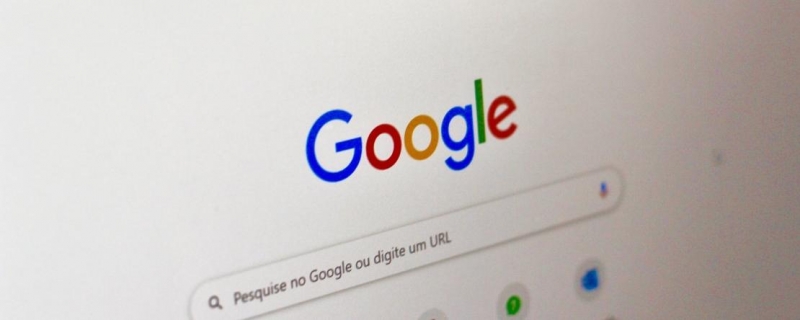
Google has promised to fight against the misinformation that has evolved during the epidemic of Coronovirus. But, as its subsidiary Youtube, the search engine also earns money with sites complotistes that use its advertising tools.
No restrictions for the case of the fake news
Google provides tools that allow you to fill automatically the advertising space available on the websites of publishers participating in its advertising network display, as can the governance of a publishing group on its own Internet sites. But unlike an editor, classic, Google does not filter the sites on which its ads appear, and assumes no responsibility for the content of sites on which it serves ads.
According to a survey of Tech Transparency Project (TTP) there is a significant difference between the assertions of the american giant, under which it is fighting the misinformation about the pandemic and what is really done to moderate the content complotistes. The survey revealed that at least 97 sites Internet, use the tools Google advertising DoubleClick or AdSense while disseminating false information about the coronavirus, such as the rumor according to which the wireless technology 5G is related to the sars coronavirus, or the one on the Bill and Melinda Gates Foundation that will fund a group that holds a patent on the coronavirus, and many others… More than 40% of the sites are fake news reported by the survey, 97 224, used the tools from DoubleClick or Google AdSense to display third-party ads.
In parallel, Google has promised $ 6.5 million to fund the efforts of verification of the facts, a commitment and yet, in contradiction with its lucrative business of advertising.
How to operate the advertising auctions automated?
Why ads from big brands (Geico, Subaru, Salesforce,…) are displayed on sites are fake news, without being able to oppose it? This is an important question for any brand in the company using the services of Google DoubleClick or AdSens, which runs the risk of seeing its reputation damaged by appearing on websites of conspiracy theories, for example.
This is a global phenomenon; it pertains to the United States, but also Canada, where the press has spotted ads in the public administrations of several major banks, institutions, teachings, and organizations funded by the governments, which contribute to the financing of the sites are fake news. Because every time a user clicks on an advertisement displayed on these sites, the publishers of these sites manipulative bag of money .
The problem comes from the fact that the advertising tools often leave advertisers in the dark about where their messages appear, because the process is automated. The location of advertisements is determined during an automatic bid, which takes into account the characteristics of users who will be potentially exposed to the ad, but also the content of the page display, and many other criteria. Advertisers who do not wish to appear on some sites may block the problem areas one by one, or exclude subjects whole. But, according to the survey of TTP, Google does not facilitate the task, because the search engine allows Web publishers to hide their domains to advertisers, so that it is impossible to know where the ads have been broadcast in the past.
On this complex market, the profits are far from being negligible: Google takes 32% of the revenues of the visual ads posted online that go through the tool, AdSense and the publisher keeps the rest. According to the survey of TTP, for a site of false information, such as ZeroHedge, for example, Google could earn$ 22,000 a month, and especially pay$ 48,000 per month to the site complotiste! A true partnership a “win-win” between Google and the fake news!
Provide a way for humans to combat the dangers of automation
In a context where journalists are being supplanted (or helped) by the robots, the solution could come from the reintroduction of the human operators to the space of algorithms, to try to avoid finance consistently sites of misinformation.
Christian Desîlets, professor of social advertising at the Laval University in Canada, is also critical of the advertising agencies and the advertisers, who also have a responsibility: it is possible to employ people at the agency level, to verify upstream of the destinations of the campaigns, but this is expensive; therefore, it is easier to rely on the automation that is unfortunately imperfect.
The advertising is misplaced, therefore, is a good example of the results when one wants to go too fast, without to invest too much. In general, it is not a good idea.
Author(s): FranceSoir
